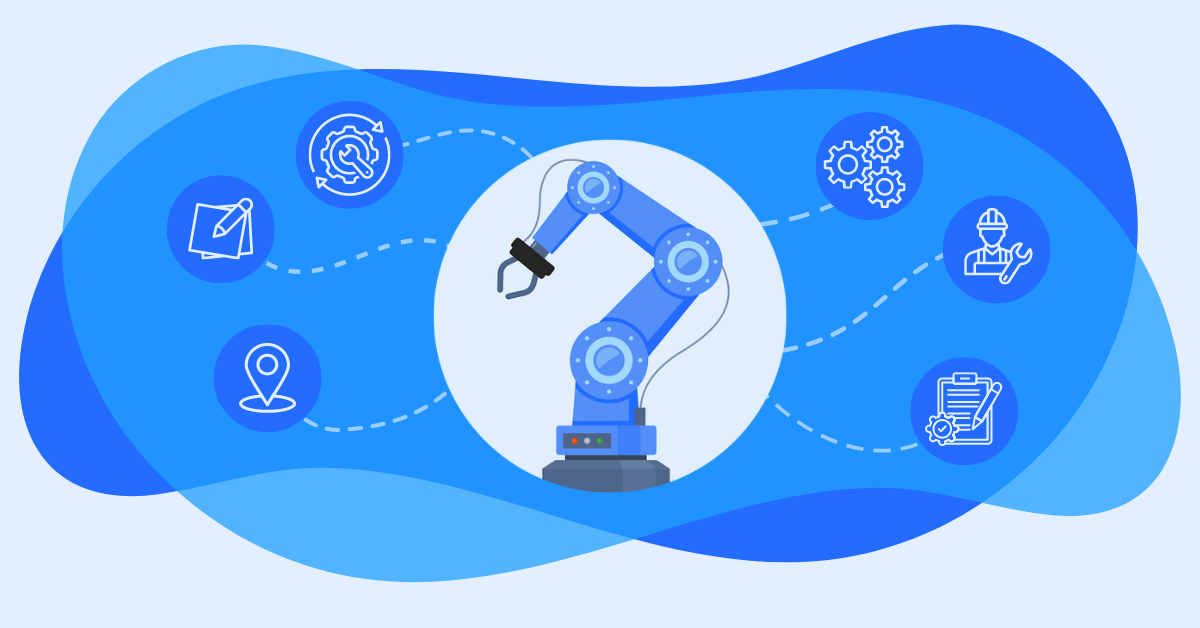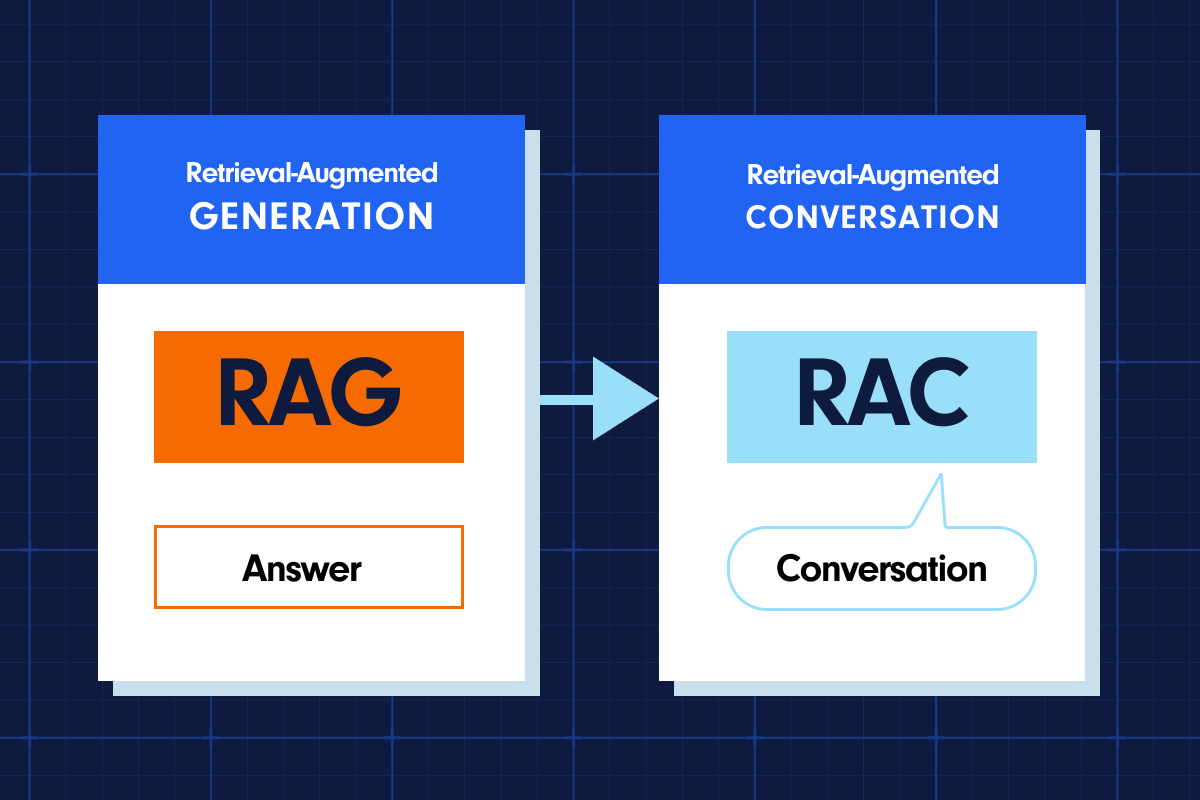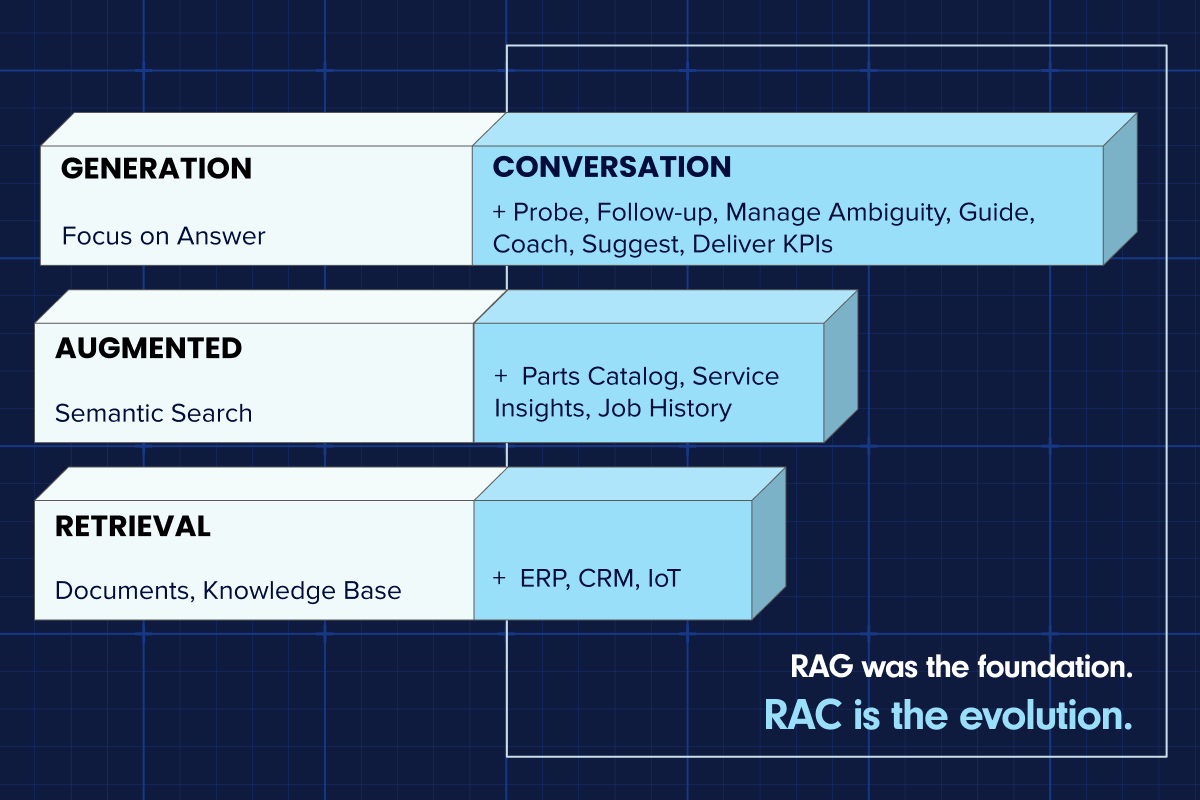Artificial General Intelligence (AGI), and Artificial Superhuman Intelligence (ASI) are coming. There’s a lot of excitement in the air about AGI and ASI, which is essentially AI that is capable of handling any task just as well as a human. Some experts even predict we’ll hit this milestone in the next five years.
In the last decade or so, the world of AI has been on a path towards achieving superhuman intelligence. Google paid more than $600 million for a machine learning startup, speciallizing in Reinforcement Learning called DeepMind at the start of 2014, which led to DeepMind’s development of AlphaGo, which marked a significant milestone. More recently, since the onset of chatGPT, large language models (LLMs) have surged into our lives, demonstrating impressive capabilities. However, the journey towards superhuman intelligence continues. The key to reaching this goal lies in combining reinforcement learning (RL) with LLMs, as LLMs alone are insufficient.
The integration of super-scaled RL with LLMs, provides a clear pathway to achieving superhuman intelligence. As a result, AI models will become more personalized and less generic. We call this, “Personalized AI”.

Understanding Personalized AI
Unlike generalist AI models, which are built to handle a broad range of tasks using massive datasets, Personalized AI models are fine-tuned for specific industries, tasks, and, in many cases, for specific users. These models use curated datasets to perform specialized functions more accurately and efficiently. The strength of Personalized AI lies in its ability to understand and adapt to the unique needs of different situations, making it super practical for industry-specific applications and will be dynamically different based on the specific situation. Consider a situation where a personalized virtual AI agent is helping a customer change a delayed or canceled flight. The service this virtual agent provides must be tailored to that customer’s specific needs. Similarly, imagine a patient going to the ER and receiving fast triage from a virtual doctor. The patient’s medical history must be considered when assessing the situation.
Why Personalized AI Matters for AGI and Superhuman Intelligence
I’m a big believer in the role of Personalized AI in our quest for superhuman intelligence. While generalist LLMs give us a broad knowledge base, they often lack the depth needed for nuanced, industry-specific decision-making and automation. Personalized AI models, on the other hand, are designed from the ground up to tackle the complexities of specific tasks and situations, offering a solid foundation for developing superhuman intelligence.
By perfecting these specialized models, we can equip next-generation AI algorithms with high-quality, relevant data to make informed decisions and handle complex tasks and situations.
The Benefits of Superhuman Intelligence for Industries
Superhuman Intelligence isn’t just about matching human performance; it promises to revolutionize industries by enhancing human abilities and driving incredible efficiency and innovation. It could lead to quicker and more accurate diagnoses, personalized treatment plans, and better patient outcomes in healthcare. Superhuman Intelligence could also streamline manufacturing production processes, cut waste, and improve quality control. The possibilities are endless, and the impact on workers and businesses could be profound.
At Aquant, we’re excited about this next phase of AI because it will allow the folks responsible for repairing and maintaining complex equipment and machinery to do their jobs more effectively and reduce the need for field visits. This means faster diagnostics, quicker solutions, and less downtime for critical equipment. By harnessing the power of Personalized AI, we can empower service teams to anticipate issues before they become problems, streamline repair processes, and ultimately enhance operational efficiency. This saves time and resources and ensures that machinery always runs at peak performance, benefiting businesses and their customers.
Challenges and Ethical Considerations
While pursuing the next step in AI is thrilling, it comes with its own challenges and ethical considerations. Developing Superhuman Intelligence means overcoming significant technical hurdles and addressing concerns about data privacy, security, and the potential for AI to displace human jobs. It’s important to approach this journey responsibly, ensuring that Superhuman Intelligence’s benefits are realized in a way that safeguards societal well-being and promotes ethical use of technology.
Looking Ahead
As we push toward the goal of AI, focusing on Personalized AI models offers a promising pathway. By leveraging specialized data and industry-specific insights and handling unique situations, we can create AI systems that excel in their designated tasks and pave the way for AI’s broader capabilities. At Aquant, we’re committed to driving this innovation forward, harnessing the power of AI to transform industries and improve lives.
Get in touch to learn more about how we’re doing this!
About the Author
 Assaf Melochna, President & Co-Founder, Aquant
Assaf Melochna, President & Co-Founder, Aquant
Assaf Melochna is the President and co-founder of Aquant, where his blend of decisive leadership and technical expertise drives the company’s mission. An expert in service and enterprise software, Assaf’s comprehensive business and technical insight has been instrumental in shaping Aquant.







